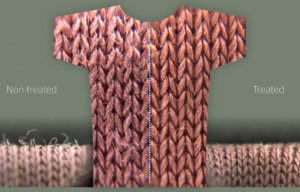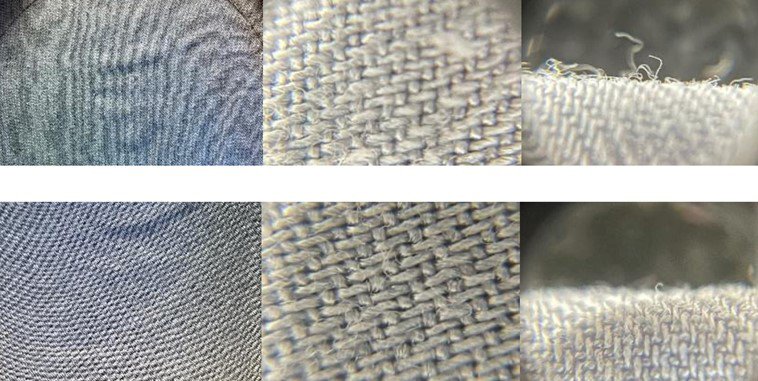
Big benefits with biotech
Enzymes remove excess fibres from a fabric, leaving a clean surface which improves dyeability and creates longer lasting textiles.

9th June 2022
Innovation in Textiles
|
Copenhagen, Denmark
Cellulosic fibres lag behind polyester and cotton with a market share of around 6%, mainly as a result of quality issues such as the fabrics developing fuzz and pilling after only a few washes, according to Copenhagen, Denmark-headquartered Novozymes. This makes the garments look worn and impacts on consumer perception of quality.
With Fiberlife, Novozymes is introducing a world-first family of biopolishing tools that minimise fuzz and pilling in viscose, modal and lyocell fabrics. Biopolishing uses enzymes to remove loose fibre ends, leaving a clean, new-looking surface, which lasts for at least 60 washes. It can also improve print quality in daily wash and wear.
“Alongside the choice of material, the garment’s active life is a key factor of its climate impact,” says Dina Lipp, global marketing manager at Novozymes. “With Fiberlife, cellulosic fabrics are given wash and wear durability, prolonging the time the garments look and feel new. This is a better solution for the fashion and broader textile industry.”
Circular fashion starts with sustainable production, free from waste, water pollution, emissions and chemicals. Novozymes biodegradable enzymes support this by reducing the use of water and chemicals in production.
Biopolishing uses enzymes to remove excess fibres from the fabric, leaving a clean surface which improves dyeability and creates longer lasting textiles. The microfibrils that protrude are microscopic hairs from the fibres of fabrics that leads to fuzz and pilling, which makes the fabric surface feel rough and traps dirt to reduce cleanness. Both the trapped dirt and the microfibrils themselves make colours and whites look less bright.
“At Novozymes, we want to create forward-thinking solutions for the textile and fashion industry,” says Pedro E. G. Loureiro, the company’s global business development manager. “That is why we have been working intensively on making biopolishing possible for viscose, modal and lyocell. We see a big potential for textile manufacturers to extend the longevity of cellulosic fabrics, ultimately offering consumers longer lasting garments made of fibres from nature.”

Business intelligence for the fibre, textiles and apparel industries: technologies, innovations, markets, investments, trade policy, sourcing, strategy...
Find out more